How do you recognize your organization’s “in memoriam” gifts? Do you automatically dismiss them as “one-time” gifts, or do you cultivate and plant seeds? My mentor/coach/beau of several years now, Rob, made an “in memorium” gift a few years back What transpired next shouldn’t have surprised me …. but I’ll let him tell it:
About five years ago, a close friend’s mother passed away from cancer (the same cancer my mom was fighting at the time). My friend said he preferred donations to cancer research over flowers so I gave a fairly substantial gift to a charity she supported.
I received an email confirmation of the gift, my friend received either an email or a card confirming the same and that was about it. Seriously, that was really it…other than perhaps three newsletters since then this organization never contacted me to give again. I guess this would not have made an impact on most people’s minds but being a marketer it struck me as a terrible faux pas – why not contact me on her anniversary? send letters to stay in touch and nurture a relationship with me? at least put me on a list for an annual campaign drive?
Remember, my mom had (and has since passed away as well from) the same cancer so I would have been very open to additional giving. It actually upsets me because I can see how badly they’ve bungled this process and how it ultimately prevents or at least slows down their research for the cure.
What’s the lesson here?
 In the cultivation process the first gift is only the first step in creating lifetime relationships. That goes for in memoriam gifts as well. A donor already has a connection when they make an in memoriam gift. When a close friend’s eight-year old son passed away years ago I made a gift to the Pediatric Brain Stem Tumor Foundation. I continued giving to that worthwhile organization for many years. Having a solid system in place – a strategy, a plan – for expressing gratitude for every type of gift will grow your individual giving over time.
In the cultivation process the first gift is only the first step in creating lifetime relationships. That goes for in memoriam gifts as well. A donor already has a connection when they make an in memoriam gift. When a close friend’s eight-year old son passed away years ago I made a gift to the Pediatric Brain Stem Tumor Foundation. I continued giving to that worthwhile organization for many years. Having a solid system in place – a strategy, a plan – for expressing gratitude for every type of gift will grow your individual giving over time.
In life and in fundraising, gratitude is key.
SOFII now features an “in memoriam” thank you letter clinic. Check it out!
Also, see What to Include in a memorial notification letter on the Little Green Light Blog.
And again, on the Little Green Light Blog, Acknowledging memorial gifts: What you need to know.
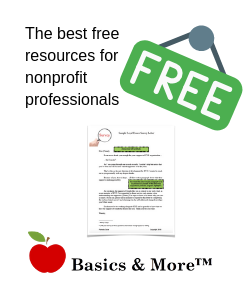
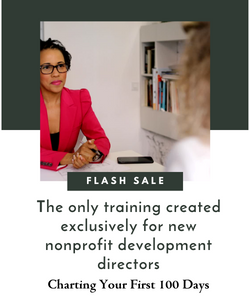
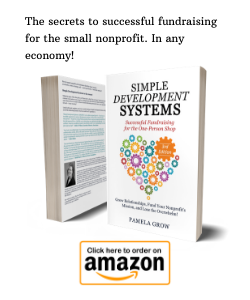
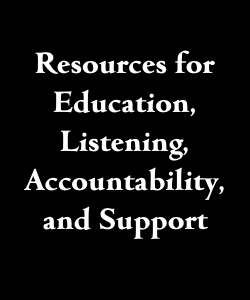
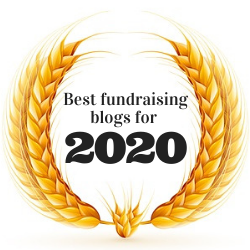

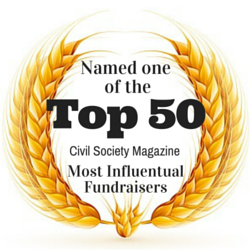
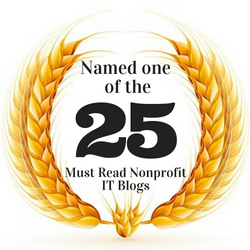

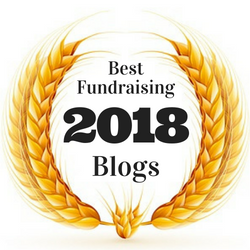

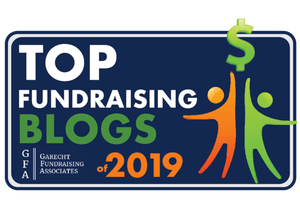
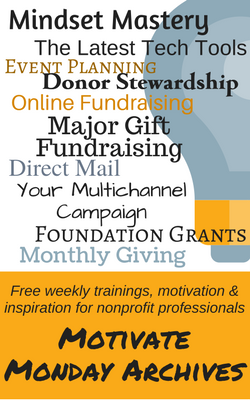

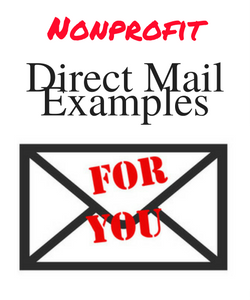
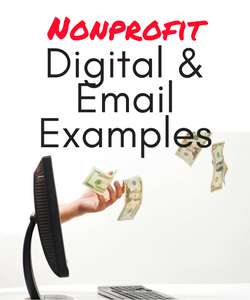

 I can’t wait to meet with you personally.
I can’t wait to meet with you personally.
Comments on this entry are closed.